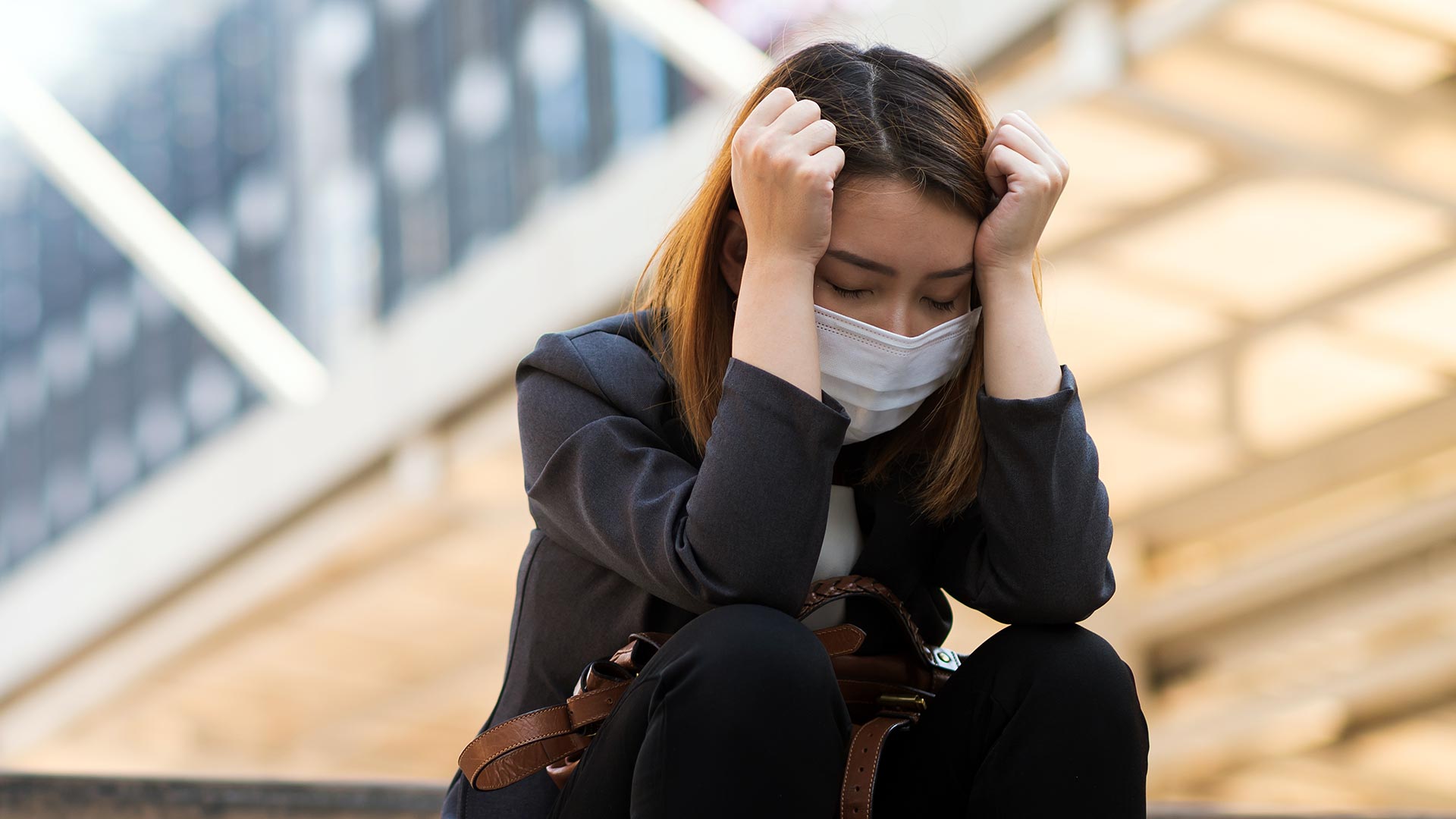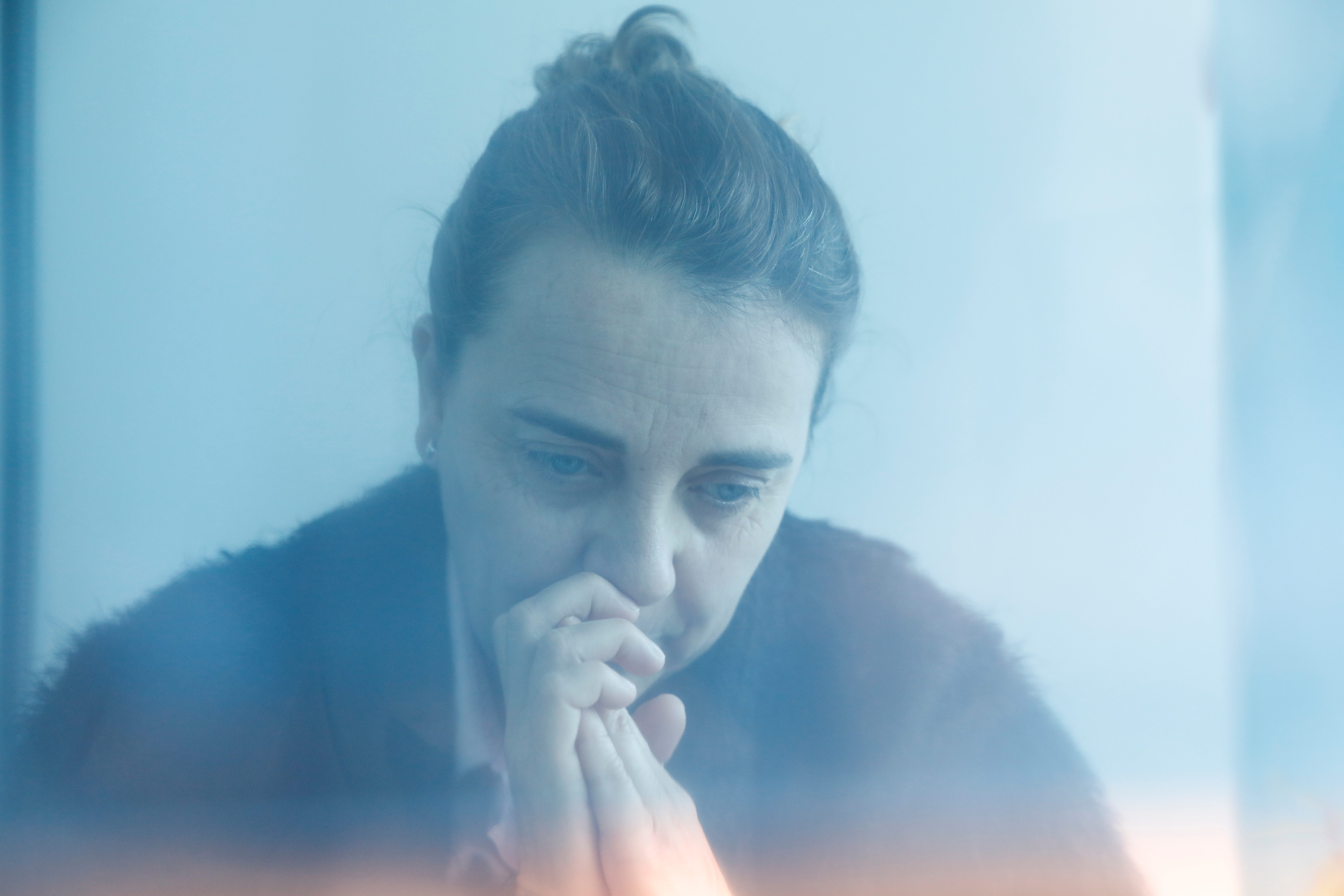
Insufficient Sleep Syndrome is one of the most prevalent sleep disorders in today's society, especially due to the use of devices with light, visual and sound stimuli at night (cell phones, video games, televisions, etc.).
This was pointed out by Rafael Santana Miranda, physician responsible for the Sleep Disorders Clinic of the Faculty of Medicine (FM) of the National Autonomous University of Mexico (UNAM), who also warned that lack of dreams can trigger chronic-degenerative diseases such as obesity, diabetes, hypertension or cancer.
As part of World Sleep Day, celebrated on March 18, the specialist said that, although technology has been a great ally in encouraging learning during the COVID-19 pandemic, it is also potential to alter the circadian cycle, causing the brain to activate in the presence of light.
“This can rob us of many hours. Only with education and discipline do we have to learn and teach minors, whose brains are developing. It is important to limit the amount of light,” he clarified.

With regard to minors, Santana Miranda recommends that activities involving any electronic device be suspended three hours before bedtime. It also points to a preference for avoiding its use with infants and infants at the preschool level.
Other disorders that have also been reinforced in society as a result of confinement are those of mood and secondary insomnia; this, because the lack of socialization has led to depression and anxiety, in addition to a stress crisis caused by the great economic crisis of which the world was the victim.
Similarly, the specialist pointed out that a good sleep cycle (approximately six to nine hours) should be complemented by good nutrition and daily exercise: “You have to give yourself time to sleep with everything and the great demands of life”.

Scientists have pointed out that people who have not suffered from coronavirus also suffer greater tiredness, as well as problems making decisions and lack of concentration.
A Massachusetts General Hospital study showed that lifestyle alterations during the pandemic may have triggered inflammation in the brain that contributes to fatigue, difficulties in concentration and depression.
In addition to causing 440 million infections and nearly 6 million deaths worldwide, the health situation has caused significant social and economic disruption that has affected the lives of the world's population in multiple ways.
Researchers at the institute analyzed brain imaging data, conducted behavioral tests and collected blood samples from multiple uninfected volunteers: 57 before and 15 after strict confinement measures were implemented in several countries to limit mobility, thus curbing the spread of coronavirus.
After lockdowns, study participants demonstrated elevated brain levels of two markers of neuroinflammation: translocator protein (measured by positron emission tomography) and myo-inositol (measured by magnetic resonance spectroscopy), compared to participants prior to confinement.
KEEP READING:
Últimas Noticias
Debanhi Escobar: they secured the motel where she was found lifeless in a cistern
Members of the Specialized Prosecutor's Office in Nuevo León secured the Nueva Castilla Motel as part of the investigations into the case

The oldest person in the world died at the age of 119
Kane Tanaka lived in Japan. She was born six months earlier than George Orwell, the same year that the Wright brothers first flew, and Marie Curie became the first woman to win a Nobel Prize

Macabre find in CDMX: they left a body bagged and tied in a taxi
The body was left in the back seats of the car. It was covered with black bags and tied with industrial tape
The eagles of America will face Manchester City in a duel of legends. Here are the details
The top Mexican football champion will play a match with Pep Guardiola's squad in the Lone Star Cup

Why is it good to bring dogs out to know the world when they are puppies
A so-called protection against the spread of diseases threatens the integral development of dogs



